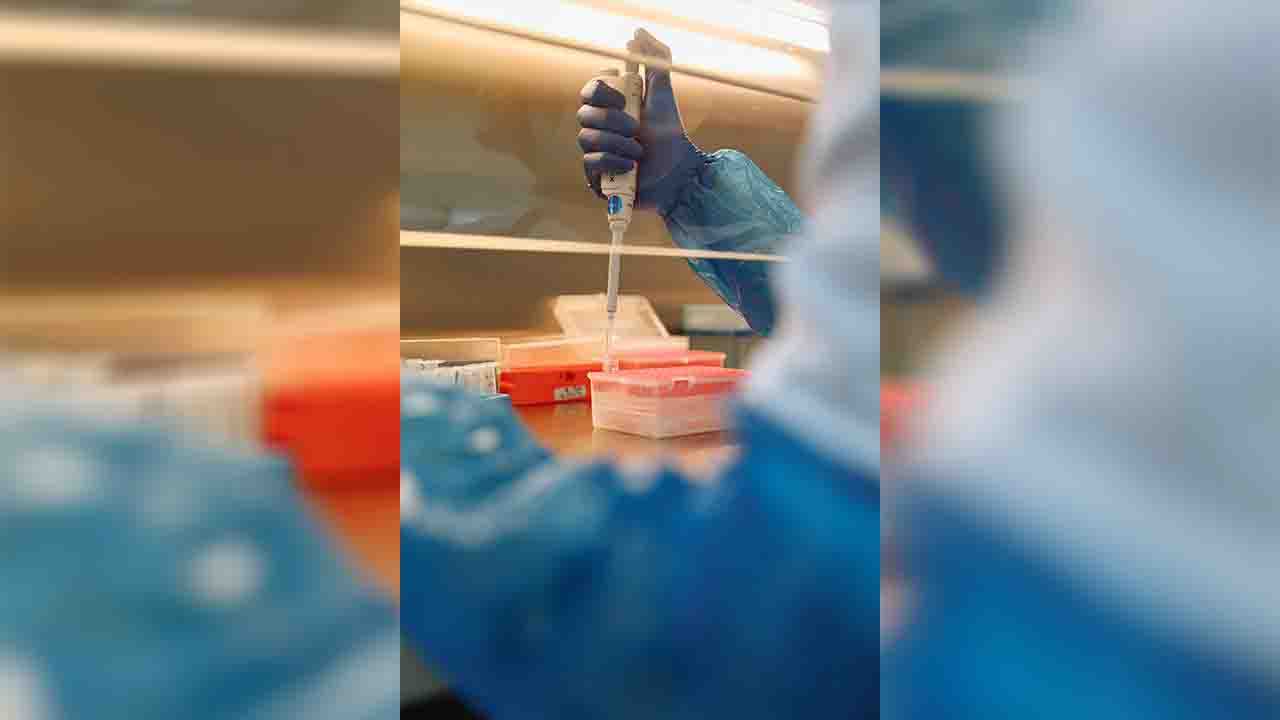Health & Medicine, UK (Commonwealth Union) – A groundbreaking drug, developed at UCL with the potential to combat tumors, is poised to undergo patient trials following its approval by US regulators. This development offers newfound hope for individuals grappling with pancreatic cancer, one of the most formidable and deadly cancer forms, boasting a mere 5-year survival rate of under 8%, as per Public Health England’s statistics. Annually, approximately 11,000 fresh cases are diagnosed in the UK alone.
Pancreatic cancer, often referred to as a “silent killer,” stands as one of the most formidable challenges in modern oncology. Its elusive nature, rapid progression, and limited treatment options have made it a daunting adversary for both researchers and patients alike. Due to its inconspicuous location, early-stage pancreatic cancer often goes unnoticed, allowing the disease to advance undetected until it reaches an advanced stage, that is difficult to treat.
Qualigen Therapeutics, a life sciences company that secured the UCL technology under license, recently secured the green light from the US Food and Drug Administration to advance into Phase I clinical trials for their drug, QN-302.
Professor Stephen Neidle and his team, stationed at the UCL School of Pharmacy, are the creative minds behind this innovative therapy. Their pioneering work involves the design of specialized compounds, targeting unusual signal sequences that are found in elevated levels within numerous cancer-linked genes. Through the inhibition of these signal sequences, the drug has demonstrated its capability to impede cancer growth in pre-clinical models.
This transformative approach to cancer treatment was made possible through the support of the UCL Technology Fund and the Pancreatic Cancer Research Fund.
Anticipated to commence in the autumn of 2023, the initial patients enrolled in the QN-302 trial are poised to receive this therapy, marking a significant step in the battle against pancreatic cancer.
Expressing his satisfaction, Stephen Neidle, Emeritus Professor of Chemical Biology at UCL, indicated that he is immensely gratified to witness the remarkable progress of their innovative experimental drug, QN-302, as it attains the pivotal juncture of FDA approval for clinical assessment. It brings me great joy that Qualigen Therapeutics not only shares our visionary outlook but has also adeptly and swiftly propelled QN-302 to this significant achievement. The extensive groundwork his team has undertaken in pioneering the concept of quadruplex targeting fills him with pride, and he eagerly anticipate the clinical evolution of QN-302. In tandem with his collaborators, he further indicated that he remains committed to further unraveling the fundamental scientific principles underpinning its mode of action.
Professor Neidle also said “For decades patients with pancreatic cancer have had very few therapy options and prognosis has been poor. We hope this novel drug will improve this current dismal treatment outlook for these patients and help improve survival rate and quality of life.”
Dr Sara Garcia Gomez, Senior Business Manager, UCL Business, indicated that it was good news from Qualigen, their licensee, bringing this UCL technology to the next step for the translation pathway. She further indicated that they were looking forward to witnessing the potential of this new therapy in the clinic in the near future.
Michael Poirier, Qualigen’s Chairman as well as CEO, says “This is a pivotal milestone for our therapeutics pipeline as it transitions us into a clinical-stage company. The IND clearance for QN-302 brings us closer to our objective of developing best-in-class treatments that can potentially provide new therapeutic options for patients with advanced or metastatic solid tumours. Our clinical team has worked diligently to prepare for this milestone and is now dedicated to start enrolling patients, anticipated to take place in the second half of 2023.”
The need for new cancer treatments has often been stressed by oncologists and cancer researchers alike. Professor Thomas N. Seyfried has often emphasized the role of mitochondrial destruction in cancer and the need evaluate treatment related to the mitochondria.








